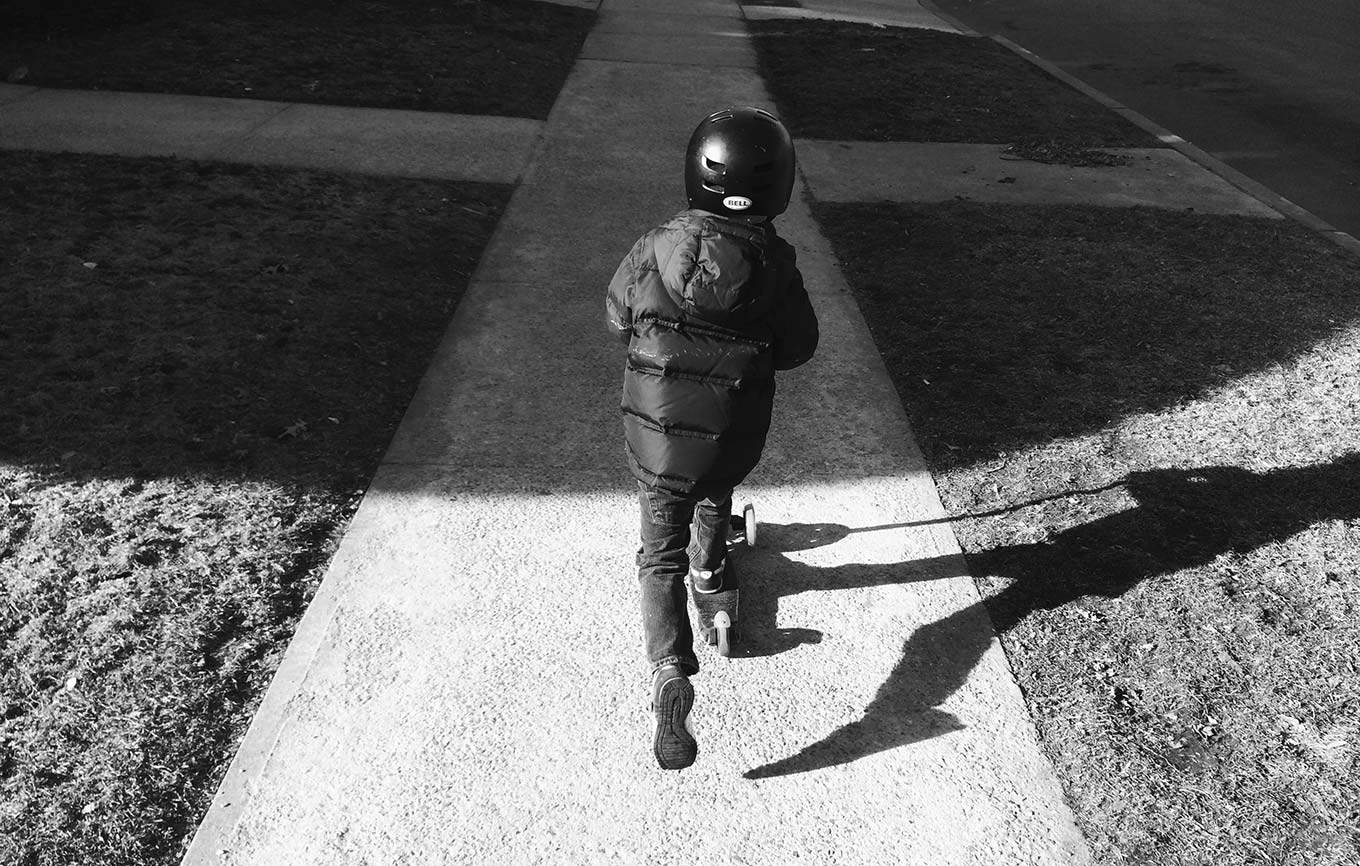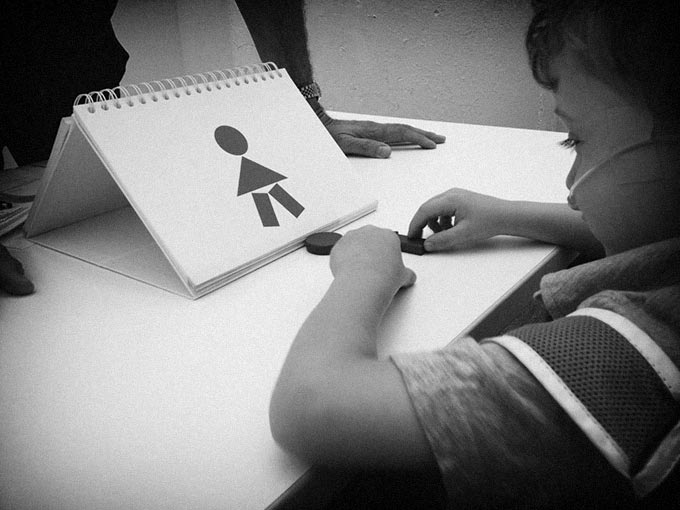 Today C led me around the neighborhood on his scooter. Along the way, he counted cracks in the sidewalk, calling them out quietly to himself. "75. 76. 77." When I snapped the photo above, we were in the 400 range, and when we got home, he yelped with joy, "One thousand one hundred and fifty-nine cracks!"
Today C led me around the neighborhood on his scooter. Along the way, he counted cracks in the sidewalk, calling them out quietly to himself. "75. 76. 77." When I snapped the photo above, we were in the 400 range, and when we got home, he yelped with joy, "One thousand one hundred and fifty-nine cracks!"
...
C loves numbers and anything to do with numbers. Yesterday in Target, seeing a large Dr. Seuss book, he said, "How many pages?" "345," I said. "I want it!" With such enthusiasm, how could I resist? In the checkout line, he told me cheerily that this book had more pages than any of his other books.
Of course it would be nice if he wanted the book because of the story, but numbers are his way into things. Far from being a dead end, numbers are often just the starting point.
For example, he has a book filled with over 200 illustrations of birds. He spends hours poring over the book, and if you say any number, he can tell you the name of the bird. If you tell him the name of any bird, he can tell you the number. Show him just the illustration, and he can tell you the name and the number. But it doesn't end there: recently his babysitter took him to the zoo, and he was thrilled to see some of the actual living, breathing birds. He had made the connection.
...
Sometimes they tell you that you should be careful about letting children with autism "stim out" or "obsess" over things like numbers, systems, maps, etc., and I guess sometimes they're right. But not always. Sometimes, just like with any child, it's not so much an obsession as a passion. And aren't we all told to follow our passion?

 C is a boy who, at four, can read full sentences, complex words, and short books; if it's 6:51, he can tell you how many minutes until it's 6:58; he's memorized nearly every street in our neighborhood and can represent them with toy train tracks; he knows all the stops on the Q train from here to Brighton Beach; he knows the color of every single NYC subway line; if you ask him what number J is, he'll say "ten" without hesitation, because that's where J falls in the sequence of letters in the alphabet.
C is a boy who, at four, can read full sentences, complex words, and short books; if it's 6:51, he can tell you how many minutes until it's 6:58; he's memorized nearly every street in our neighborhood and can represent them with toy train tracks; he knows all the stops on the Q train from here to Brighton Beach; he knows the color of every single NYC subway line; if you ask him what number J is, he'll say "ten" without hesitation, because that's where J falls in the sequence of letters in the alphabet.
